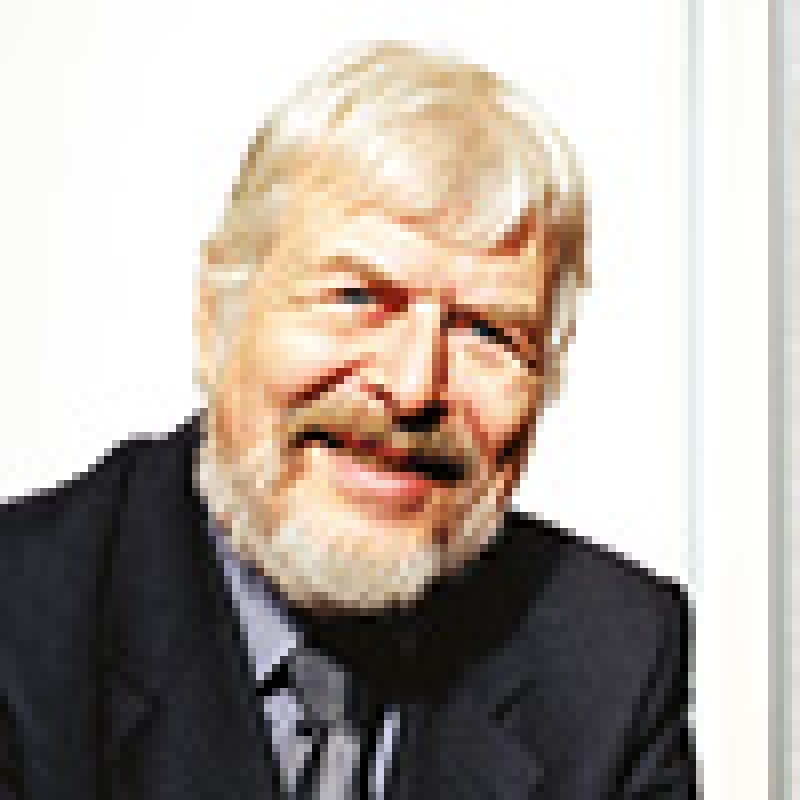Lady Gaga (through Ate My Heart Inc) owns several EU trade marks for the name for a multitude of goods and services. The services that mattered in this case are "entertainment" in class 41 contained in several of these word marks.
On the basis of these Lady Gaga opposed the Austrian mark Gaga registered in class 32 for "beers, mineral and aerated waters and other non-alcoholic beverages, fruit juices and beverages, syrups and other preparations for making beverages". In its own marks class 32 is not covered. Therefore, the opposition relied on "entertainment" and argued that these goods and services are highly complementary.
The arguments were: place and time and consumption are identical as are the starting motivation for the business. They are regularly promoted together. Beverage marks are regularly sponsors of musical events and their logos omnipresent. It is generally known that producers of beverages are themselves organisers of entertainment events which leads to cross-selling. It is also well known that famous popstars lend their marks and names for products such as perfumes. For the present case it is to be considered that during an entertainment event under the mark Lady Gaga a beverage under the mark Gaga is promoted, offered and sold. The circles concerned will automatically assume an economic link and will not understand this coexistence as pure chance. Therefore, under these circumstances there is no question of a total lack of similarity between beverages in class 32 and entertainment services in class 41.
The court considered that this question has to be judged on the basis of the justified expectations of the consumers. Here these goods (beverages) are not similar to these services (entertainment) neither in kind nor in composition, their purpose and use nor in their channel of distribution. It is true that at musical events beers or non-alcoholic beverages are offered for consumption. But that is not essential. The question is whether the public makes a close (essential/indispensable) connection with the goods of the attacked trade mark. This is not the case contrary to the usual products of cross-selling or of merchandising in this area (such as CDs DVDs, videos, posters, clothing and jewellery). The fact that well-known marks of beverages regularly are sponsors or organisers of musical events cannot change the picture. The public is accustomed to this kind of parallel promotion and will usually not think of a complementary basis with the artist.
It is true that the person Lady Gaga is well known as a pop artist and therefore a trade mark Lady Gaga would be attributed to her. Although "Gaga" in the attacked mark is entirely contained in the opponent's mark a danger of direct confusion is to be denied in view of the total dissimilarity of these goods and services since the possible association of the two marks is essentially lessened. In view of the elevated knowledge the full wording, Lady Gaga is the basis of a possible confusion and engraved in the mind of the public. Lady Gaga and not Gaga alone is therefore the basis of identification of these marks. The perception of Gaga on beverages does therefore lead neither to a direct nor to an indirect danger of confusion with the trade marks of the opponent.
This is a borderline case. In general it is true that the public will not associate the mark of the beverages it consumes at musical events with the artist especially if its full name is not used. On the other hand the name Gaga in Lady Gaga is unusual and exceptional – at least in German-speaking countries – so that it is difficult to see that the public should not wonder and have second thoughts about the coincidence. It also seems as if the court has here allotted a famous mark a more restricted area of danger of confusion than a normal mark, contrary to the theory that the danger of confusion of a famous mark should be enhanced.

|
Helmut Sonn |
SONN & PARTNER PatentanwälteRiemergasse 14A-1010 Vienna, AustriaTel: +43 1 512 84 05Fax: +43 1 512 98 05office@sonn.atwww.sonn.at










